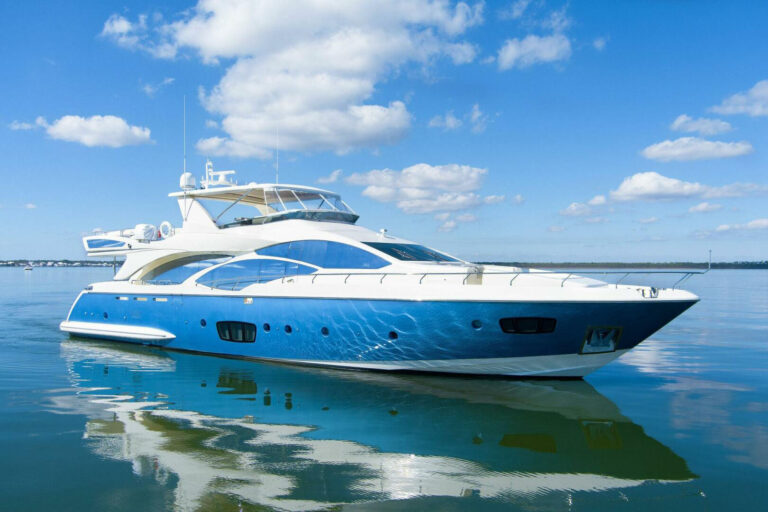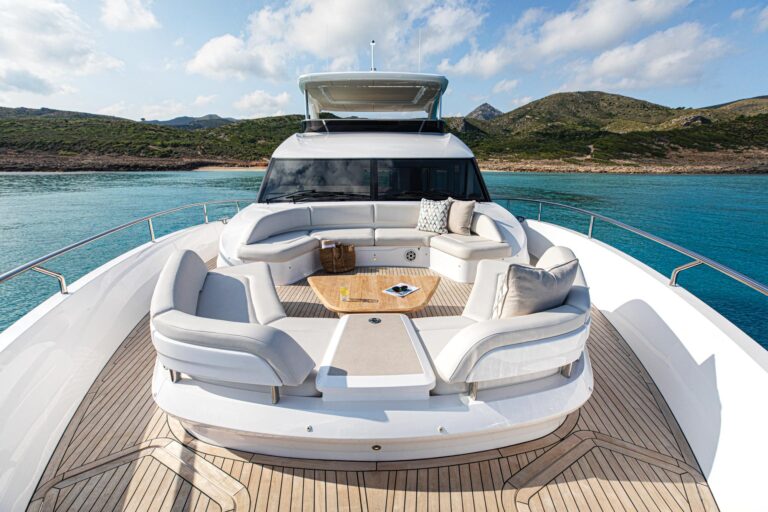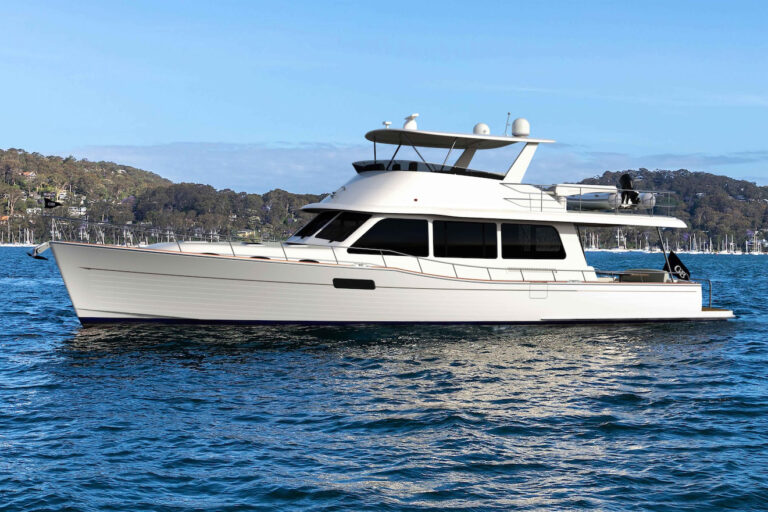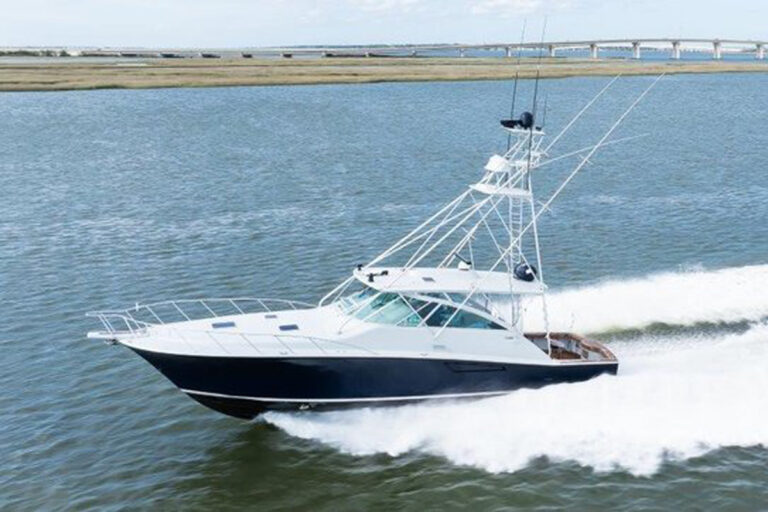Not long into my first day on the job, my friend and mentor, the late Rick Lake of Integrity Marine, shared the credo of boat dealers and brokers: “Buyers are liars and sellers are yellers. That’s a pretty harsh judgment, so in an effort to improve broker-buyer relations, I approached a few industry professionals with this simple question: Can’t we all just get along? Their unanimous answer was yes-with a little effort on both ends.
“A person who values my time is my best client”, said Gerald Berton, president of Global Yachts. “I will spend time with a customer just to educate them-if they appreciate the honesty of the situation.”
Honesty and forthrightness not only open lines of communication, they command respect. (If you come across a salesperson who doesn’t reciprocate, find a new dealership, pronto.) Be honest with your responses; convey your time frame of purchase and let your broker know if you will be trading in your old boat. Also, be truthful about your level of boating experience. A good salesperson will be eager to help you select an appropriate boat.
To get a better sense of the sales process, ask your dealer to provide references, and observe the delivery of another customer’s boat before you enter the contract phase. At the time of delivery, look for the following: The dealership should thoroughly introduce the customer to the boat, which should be detailed and spanking clean. Sometimes, a representative of the engine manufacturer will be present, or a professional in-house mechanic will walk the customer through maintenance and service schedules. If you observe a “here’s your keys attitude during this phase, it’s time to find a new dealer.
Today’s customer usually has no trouble finding information about his yacht of choice, but even those well versed in boats and boat buying should rely on the assistance of a trusted broker.
“A broker offers an important base of knowledge”, said Stephen Gale, vice president of sales at MarineMax Yachts and Brokerage. “Let the broker make his presentation; it will help narrow the focus of a customer’s search.”
For these customers, people such as Jon Burkard, vice president of sales development at Allied Richard Bertram, are happy to go the extra mile.
“With all the information available on the Internet and the pervasiveness of modern marketing, we look for loyalty”, said Burkard. “That show of loyalty gives us a feeling of empowerment-we love to do a good job when we represent someone; it is a wonderful feeling.”
When it comes to negotiating cost, it is important to know when enough is enough. A good broker will direct you to the boat’s fair market price, which you should be prepared to pay. When the price tag is large, arguing over the nickel-and-dime stuff-or worse, seeking out another dealer late in the game-could come back to haunt you. I once had a customer who haggled with so many dealers he artificially drove up the price of the boat he was trying to buy, in effect bidding against himself.
Of course, shopping around is fine, but do not let price alone dictate where you buy.
“A good customer will do his homework on all aspects of a dealership, including its warranty offerings, aftermarket add-ons, service and storage”, said Larry Smith, general sales manager at HMY. “Come in prepared to do business, and have your financing pre-approved.”
Smith also emphasized the importance of firming up the deal within the “normal cycle. The normal cycle includes a week to finalize the contract, a week to conduct the survey (yes, even on a new boat) and a week to close the deal. Moving through the process efficiently is a show of good faith-that way, even if your deal falls through, the boat is more quickly available to other interested customers.
Respect is a two-way street. A smile, a handshake, a few honest answers and prompt attention to the time frame agreed upon will make you a cherished buyer. Just don’t abandon this most vital bit of advice: Get everything in writing.









